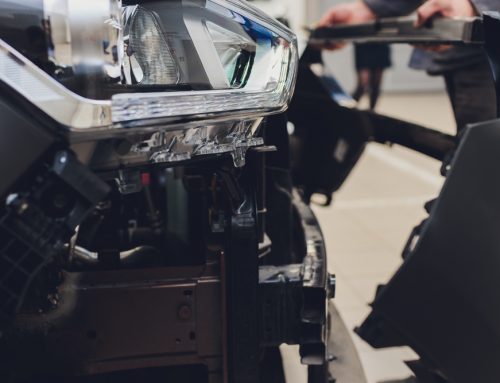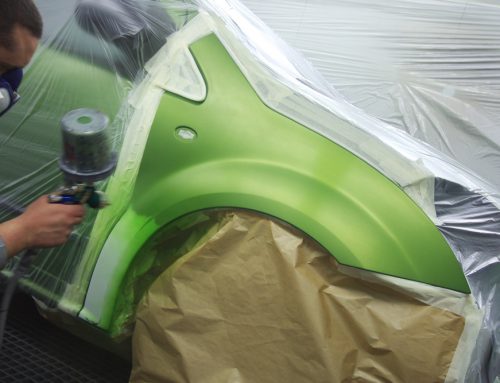Becoming an exporter of total loss vehicles has its set of pitfalls. If you aspire to be an exporter or are new to the business, here are the traps that veteran exporters have learned to avoid.
6 practical tips:
Multiply your opportunities.
First of all, being a total loss vehicle exporter is knowing how to seize buying and selling opportunities. To be successful, you must diversify your supply networks, it’s a very competitive environment, and ensure that you supply your pipelines with raw material. Online auctions are a gold mine for exporters.
Take an interest in your customers’ culture.
Global means culture. See what interests your potential customers in the countries where you want to export vehicles, so you may adapt the offer to the territory. You will propose your goods where the demand is better, and most likely make more profits and conclude your sales faster.
It is important to look beyond the brand and pay attention to the options such as air conditioning. A brand may be popular in a territory, but without an option as simple as air conditioning, it could lose out and remain on your virtual shelves longer and sell for less.
Colour is also one of the major cultural factors influencing the purchase of a car. Will the colour of your merchandise be popular in your target market? It is very important to consider these things because this information will ultimately guide our business decisions that will impact your sales cycle time and profits.
Rules and legal aspect of importing and exporting vehicles in your target countries.
For the import export of total loss vehicles, paperwork and protocols become a big part of your daily operations. The hardest part is that each territory coveted by the exporter has different rules, which can considerably slow down operations and transactions.
Also, in some countries, corruption becomes the unofficial regulation that often overrides official procedures, letting you tread into the unknown. There are no more frameworks and if you don’t grease the palms of the right contacts, your merchandise could stay stuck at the port forever or get stolen. What seems outrageous to Canadians is one of many surprising cultural realities in several third-world countries. It is therefore important to do your homework and organize your operations accordingly to avoid unpleasant surprises.
Keep an eye on the exchange rate.
If there is a delay between the purchase and the sale of vehicles, for example, a vehicle was purchased after it was transported, cleared through customs, and put on the market, then the value of the currency used for your transactions, usually the US dollar, may suffer and turn your bargains into disasters.
You must take an interest in the currency market, know its projections, etc.
To be less vulnerable, consider a business model where vehicles are purchased earlier in your process, for example, when acquiring them in their country of origin.
Shop around for your carriers.
At first you shop for a carrier, find a good price and learn to trust. Then you want to expand your operations to other countries and are tempted to use the same carrier. This can be a good idea, but start by looking around for deals, you could be surprised at the price fluctuations between destinations. Even if you get along fine with your carrier, make sure to shop around occasionally to see if you’re still in the loop with transport costs.
Pay attention to the damage to total loss vehicles that interest you.
This last tip is for both new and veteran exporters. Pay attention to the damage to the vehicles you are buying. Too often we see auction buyers base their purchase solely on the picture, make and model, only to be disappointed when they realize that rebuilding the vehicle is a huge task or that the original resale price is being fleeced.
In conclusion
In the end, being an exporter of total loss vehicles is an adventure, but it can also be quite a puzzle if you are ill prepared.
Obtaining the right raw material remains the mainstay of this business, which is why we’re giving you one last pro advice; buy your total loss vehicles through the ProgiPix online auction. The vehicles come from reliable sources such as insurers, and many exporters rely on the Canadian and world-renowned ProgiPix quality service.
Author: Alexandre Rocheleau
Collaboration: Frederic Miceli
Translator: Sophie Larocque
Editing: Émilie Blanchette





